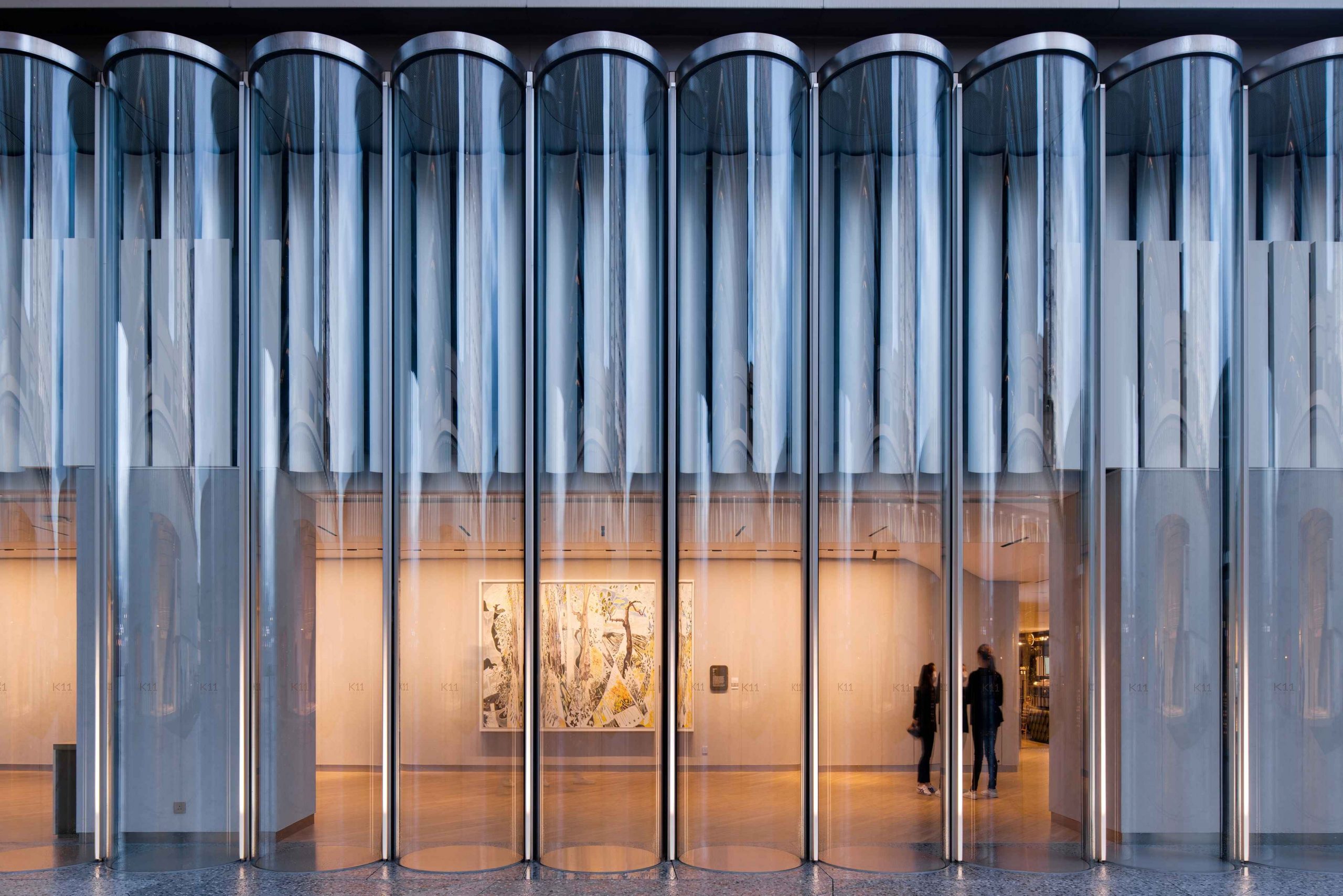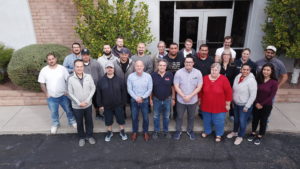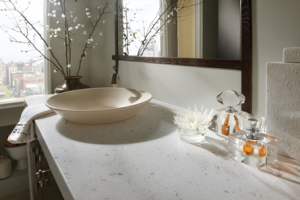Gebrüder Dorfner GmbH & Co. KG supplies glass melt sand to the float glass factory of Pilkington Deutschland AG in Weiherhammer/Upper Palatinate, one of the world’s leading glass manufacturers.
Can you imagine a world without glass? This material with its high ecological significance is indispensable in our lives. Glass is made from raw materials found in nature. With around 60 percent of the glass batch, silica sand makes up for the main component of glass. The Pilkington Deutschland AG plant in Weiherhammer has experienced many changes in the course of the 40-plus years since its foundation. The site is deeply rooted in the traditional glass manufacture in Upper Palatinate which dates back to the year 1487. Established as a second float glass site of the then Flachglas AG (today, Pilkington Deutschland AG), the site now belongs to the NSG Group, one of the world’s leading manufacturers of glass and glass products for the architectural, automotive, and technical glass industries. The company acquired the glass supplier Pilkington in 2006. Today, it has production sites all over the world and is active in more than 100 countries. Globally, the NSG Group employs a staff of around 26,000, about 500 of these in Weiherhammer.
Perfect quality from the start
The heart of the Weiherhammer production site is the float glass process developed by Pilkington in the 1950s. For this process, the raw materials are processed in a mixer to form a batch which is melted into glass in the melting tank at approx. 1,600 °C. In addition to silica sand, the raw material batch contains lime and dolomite as stabilizers and soda and sulfate as flux agents to accelerate the melting process. The mixture can contain up to 40 percent cullet, allowing for a significant reduction of the melting temperature and thus also the energy input. Since the raw materials are subject to very strict quality requirements and tests, they are sourced from certified suppliers only. At approximately 1,000 °C, the liquid glass flows onto a flat bath of melted tin in a chemically controlled atmosphere. The glass floats on the tin, expands, and forms an even surface. Following a controlled cool-down, the glass is cut and unloaded from the production line.
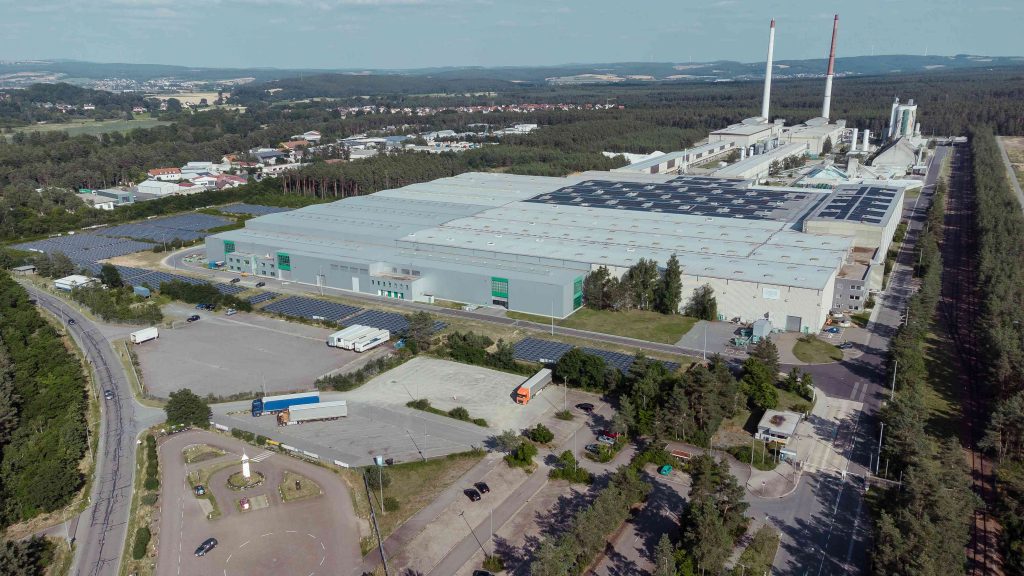
Functional glass for special applications
The Weiherhammer factory is the production site for a wide range of special glasses by NSG Group; its very complex product portfolio is unique among the corporate companies. In addition to thermal insulation glass and self-cleaning glass, the site also produces anti-condensation glass, anti-reflective glass, dark glass, semi-transparent mirrors, solar glass and glass with a conductive coating. The product range also comprises particularly thin glass with thicknesses starting from 0.7 mm, as well as extra-long glass sections of max. 24 meter length.
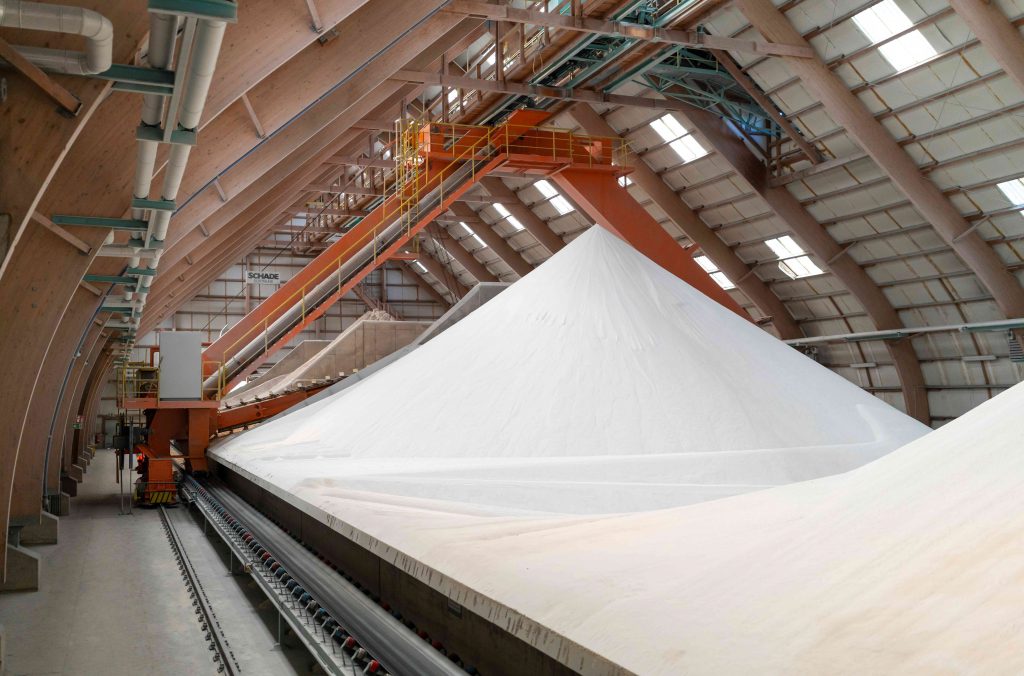
From the Upper Palatine into the world
An international prestige project of the NSG Group with glass from Weiherhammer is the K11 MUSEA complex in Hong Kong, China – the new cultural destination in Hong Kong. The breathtaking facade consists of no less than 475 glass pipes, each of them with a height of nine meters and a diameter of almost one meter. Each glass pipe weighs two tons. The glass pipes are made from Pilkington Optiwhite™, a white glass manufactured in the Weiherhammer factory. Pilkington Optiwhite™ is ideal for applications where absolute transparency and optimum color rendition are required. Thanks to the use of particularly low-iron oxide raw materials in production, Pilkington Optiwhite™ does not have the green tint common to float glass and impresses with an attractive light glass edge. This ensures a maximum of daylight in interior of the building.
Birgit Kernebeck (Corporate Communication, Pilkington Deutschland AG (NSG Group), Gelsenkirchen)




